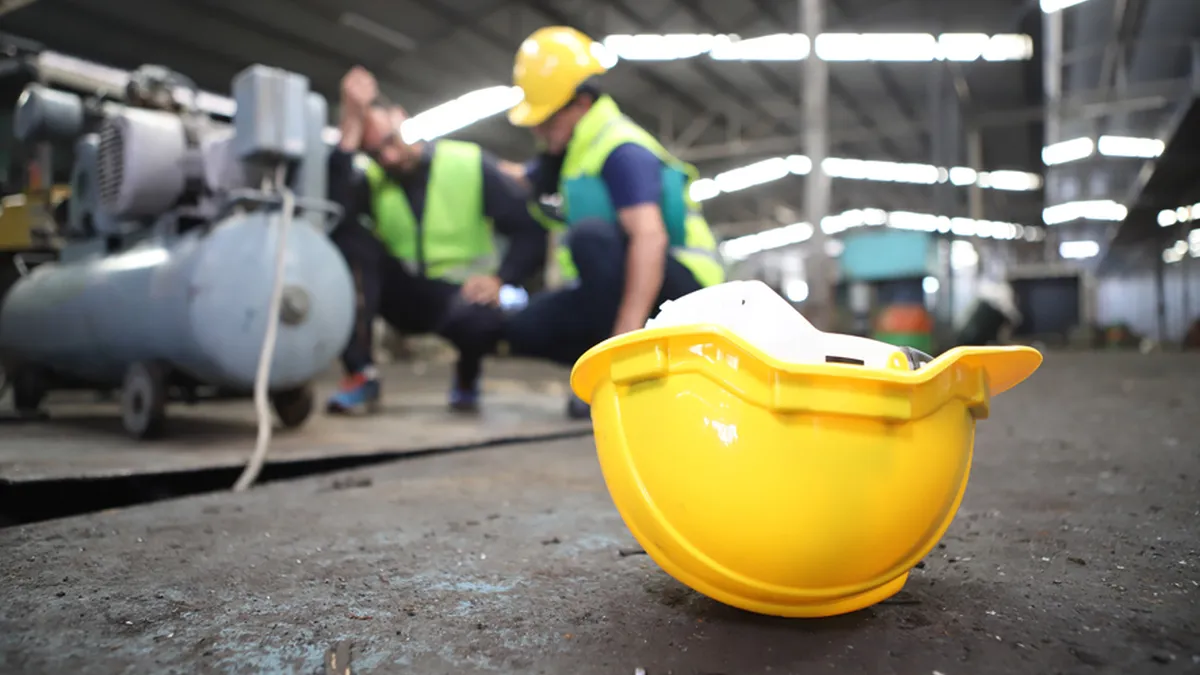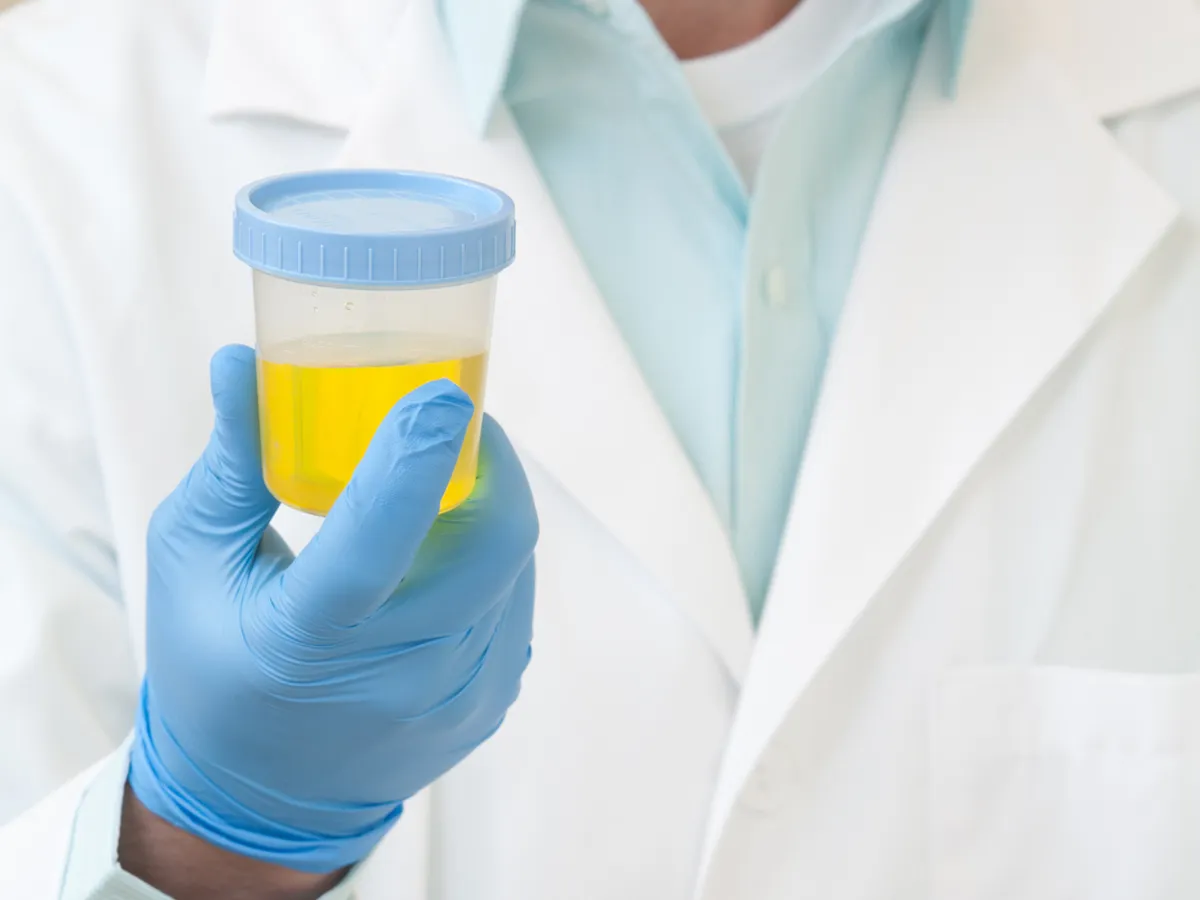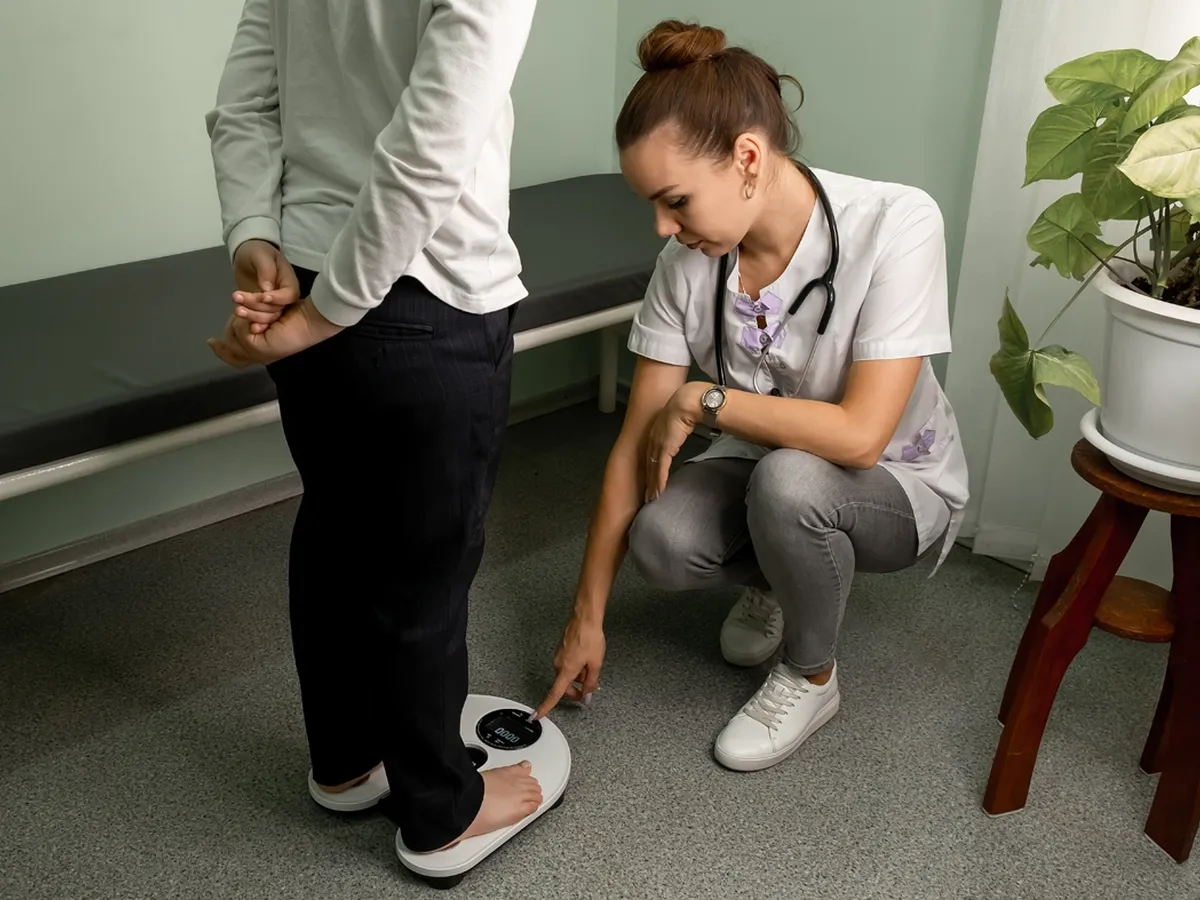The impacts drug or alcohol misuse can have at work
If employees are misusing drugs or alcohol, does it impact on the workplace?
An employee using drugs is 3.5 times more likely to be involved in accidents at work than a drug free employee. (Source: Institute for a Drug Free Workplace and SAMHSA - Substance Abuse and Mental Health Services Administration.
Up to 40% of accidents in the transport industry involve or are related to alcohol use.
These are significant statistics and is just one reason why misuse must be managed. No matter what the likelihood, can any company afford to ignore the increased risk?

Impacts of accidents in the workplace
The first and obvious Impact is that harm and possible serious injury or death can occur to an employee, or the public, depending on the nature of the work. In our experience, we have seen many forklift truck accidents at work, to defective tourer caravans sold to the public as a direct result of drug or alcohol misuse impact. Other impacts include mental health related issues from trauma caused by such accidents or incidents. In addition, compensation claims from those either directly or indirectly impacted by an accident or incident could arise from several sources.
Furthermore, criminal prosecution could arise from a breach of HSE rules, civil prosecution from individuals or other organisations seeking compensation. Company Directors are especially vulnerable if they cannot demonstrate that they have taken reasonable steps to prevent misuse and to provide a safe working environment. As a result, this could lead to potential corporate manslaughter.
Damage to equipment or infrastructure could occur quite easily if equipment is used incorrectly, particularly if heavy plant and machinery is involved, causing a risk to life. This is why many safety critical industries have a zero tolerance approach to drug and alcohol misuse in the workplace.
In addition, severe business disruption could arise if a major accident investigation is required. This can create a huge drain on departmental resources including operations, HR and H&S. If serious enough, managing this to minimise reputational damage can be difficult.
Individual employee performance
It’s not just safety that’s at risk, so is employee performance. It is estimated that a substance abuser is reckoned to take 3 times more sick leave. This equates to a total of 14 million lost workdays in the UK annually. Figures from the CIPD suggest that this costs employers more than £2 billion.
Laws relating to misuse
Can a company be prosecuted for allowing drug use on its premises?
Yes it can. The Health and Safety at Work Act 1974 and Management of Health and Safety at Work Regulations 1999 put a duty on employers to ensure a safe working environment for workers, including safety issues related to the misuse of drugs or alcohol in the workplace.
Must an employer report all evidence of drug use to the police?
It’s not a legal requirement to report use of illegal drugs. This doesn’t mean that an employer shouldn’t, simply that they are not legally obliged too. However, if it is believed that drug use, possession (or dealing) takes place on its premises, this should be reported to the police. If ignored, this may lead to the employer being prosecuted.
Is drug testing in the workplace an infringement of the Human Rights Act?
No it isn’t. Dismissal of an employee because of testing positive for a drugs test can be legally defended if the correct policy is in place. This includes the way drug testing is implemented and conducted. For example, random drug testing must be conducted in an unbiased manner using a robust and documented randomisation method to avoid discrimination.
If you are you looking to introduce drug and alcohol testing in your workplace, call us today on 0800 988 7107 to speak to one of our account managers.
All information correct at the time of writing.
Service related articles...
Our Headquarters
Crystal Health Group
The Old Chapel
Manchester
M30 0NG





